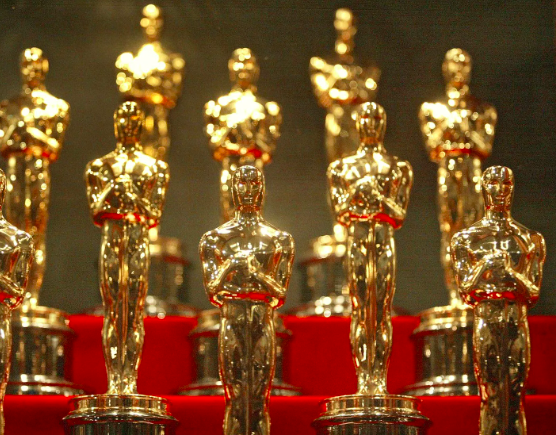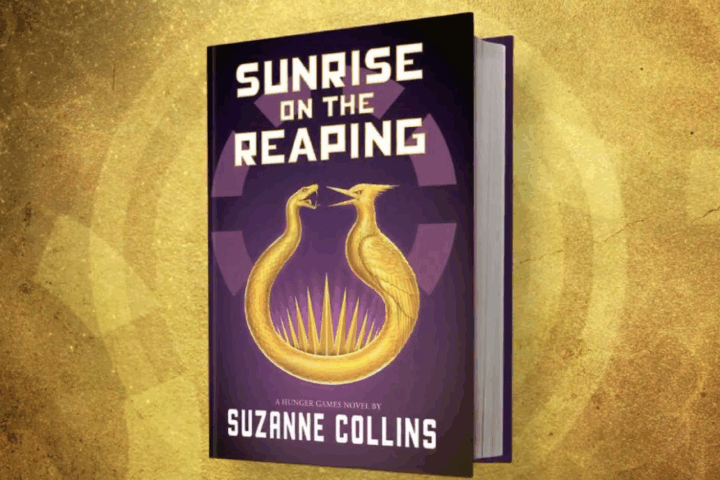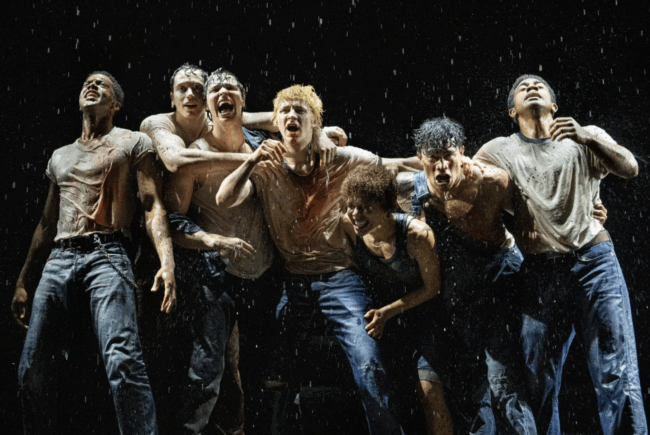Photo Courtesy of Encyclopedia Britannica
Some people enjoy the dewey mornings and fresh flowers of spring. Some favor the crisp leaves and pumpkin lattes of fall. Some love the school vacation and bright sunlight of summer. But my favorite season is Oscar season. I follow the awards religiously, making monthly predictions starting in August and anxiously awaiting the fall film festivals, where reviews will help film kids like me begin to get a glimpse of what might form the Best Picture lineup. I force myself to sit through tedious award-baiting movies (cough, cough “Green Book”), just to better understand and predict the upcoming award show. Needless to say, I was beyond excited and terrified for January 24th, nomination announcement day. Would some of my favorite films of the year, like “Everything Everywhere All at Once” and “Nope” prevail, or would the awards body shut them out, once again refusing to reward excellent films led by people of color? And it turns out, this year’s nominations may have been the most varied and divisive in recent memory, for both better and worse.
Let’s start with the good: “Everything Everywhere All at Once” received a leading 11 nominations, including Best Picture, Best Director and Best Actress. The film’s unique blend of absurdity and sincerity seems to have struck a chord within the hearts of even the most conservative of viewers. The film’s success is not only a landmark achievement due to it being an absurdist sci-fi action comedy, the type of film usually looked down upon by Oscar voters, but it is also a major win for the Asian community. Due to the film’s nominations, this is the first time that there have been Asian nominees in the categories of Picture, Actress, Supporting Actress, Supporting Actor, Original Screenplay, Costumes, Score and Song at the same time. Along with that, this year sets the record for the highest number of Asian Acting nominees at a time (Michelle Yeoh, Ke Huy Quan and Stephanie Hsu [for “Everything…Once”] and Hong Chau [for “The Whale”]).
But along with the good, comes the bad. Not one Black-led film was nominated for Best Picture, despite the fact that many commercially successful and critically acclaimed Black-led films were released within the eligibility period, including “The Woman King”, “Nope” and “Black Panther: Wakanda Forever”. Along with this, no Black actors were nominated for leading acting categories, meaning that this will not be the year that an actress becomes the second Black actress to win the leading category–the only Black Actress able to accomplish this feat so far has been Halle Berry, for “Monster’s Ball” in 2002. Not only were Black people shut out this year, but as were women. In the entire history of the Academy Awards, only seven women have been nominated for Best Director, with only three of them winning, including Chloe Zhao and Jane Campion, both of whom won in the past two years. A Black woman has never been nominated, including Gina Prince-Bythewood, the acclaimed director of “The Woman King” whose expected nomination did not come to fruition, as her film was shut out entirely.(Note: In 2017, Ava DuVernay was nominated for her documentary film, “13th”).
As a lover of film who is also Black, it is a struggle to still love the Oscars. Every year I think there might be progress, the awards body reminds me that they are still 81% White and 67% male. While there has been progress towards making awards shows more diverse and inclusive, the Oscars still choose to neglect and ignore minorities, despite the award-worthy work they do every year. While I’m still excited for the Academy Awards and will be seated on my couch, cheering for “Everything Everywhere” to win the top prize, I still hope to see necessary improvement and more diverse representations in future years’ nominees and winners.






